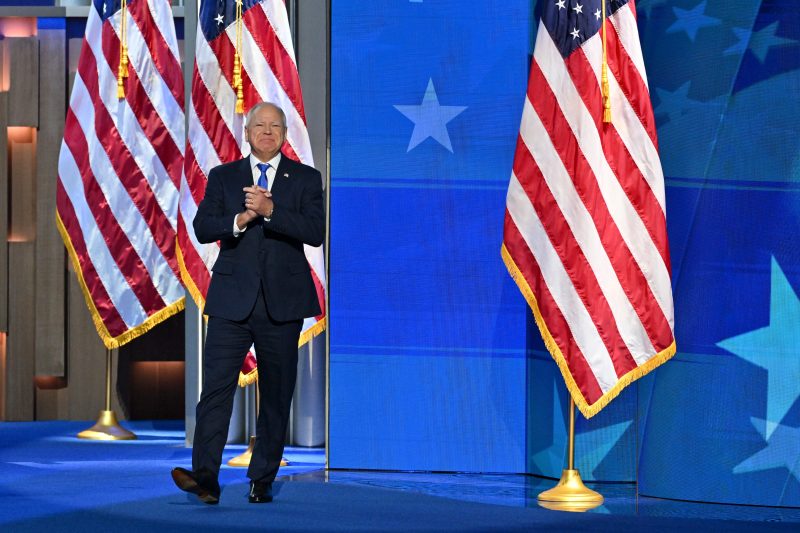As China’s power continues to grow, politicians and candidates across the globe are increasingly leveraging this reality as a potent attack line in their campaigns. During the course of recent elections, including pivotal ones in the United States, Australia, and Europe, the rise of China has become a salient topic of debate. This shift in focus can be attributed to a myriad of factors, including economic competition, geopolitical maneuvering, and human rights concerns.
The economic dimension of China’s ascent is perhaps the most apparent and widely discussed aspect. With China emerging as the world’s second-largest economy and a dominant player in global trade, its economic policies and practices have significant implications for other nations. Candidates often critique their opponents for being soft on China, pointing to issues such as trade imbalances, intellectual property theft, and unfair market practices. This critique is particularly resonant among voters who have been negatively impacted by the outsourcing of jobs to China or by the influx of cheap Chinese products into their domestic markets.
Geopolitically, China’s expanding influence is a cause for concern for many countries, especially those that have longstanding alliances or partnerships with the United States. The shift in the global balance of power towards China has led to anxiety about the erosion of democratic values and norms, as well as the potential for authoritarian regimes to gain ground. Candidates who advocate for a tougher stance on China often frame it as a matter of national security, emphasizing the need to counter Chinese expansionism and protect their country’s interests on the world stage.
Human rights violations in China, particularly concerning issues such as the treatment of Uighur Muslims in Xinjiang and the crackdown on pro-democracy activists in Hong Kong, have also become a key point of contention for candidates. By highlighting these abuses, candidates seek to appeal to voters who prioritize human rights and democratic values in their political decision-making. Calls for sanctions, diplomatic pressure, and international condemnation of China’s actions have become commonly espoused policy positions among those seeking to distinguish themselves on this issue.
Overall, the rise of China as a global power has injected new energy into political campaigns around the world. Candidates now find themselves navigating complex terrain as they seek to leverage the issue of China to their advantage. Whether it be in the realm of economics, geopolitics, or human rights, the specter of China looms large in the electoral arena, shaping debates and dividing opinions. As the dynamics of global power continue to evolve, it is likely that the role of China in political discourse will only grow in significance in the years to come.

